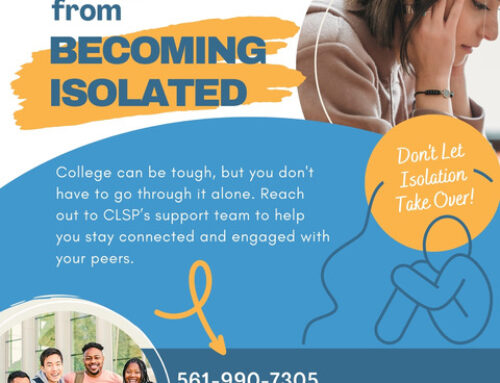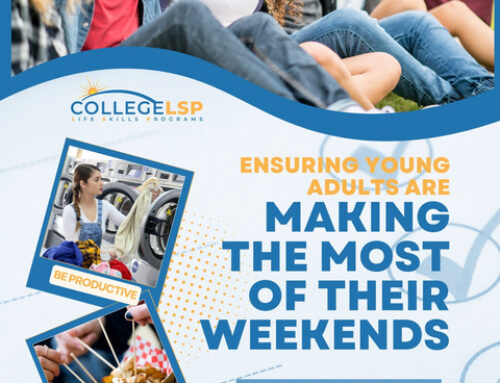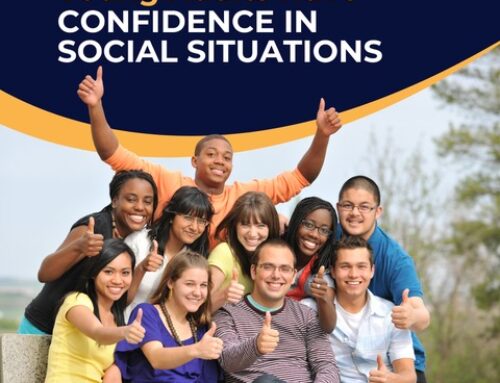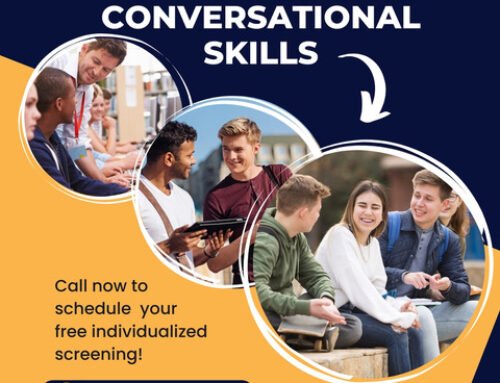It should be fine, right?
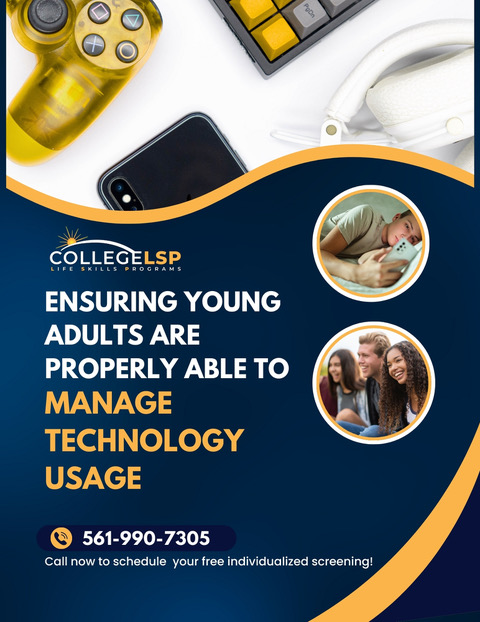 For one neurodivergent young man, while away at college, he found himself constantly glued to technology. Whether it be watching YouTube on his phone in class, scrolling through social media in bed, or playing videogames, his free time always included technology. As time went on and he found it difficult to make friends because he’d never get off a device, instead he would go to his computer to help him “socialize”. He would be up late talking to random people on the game, using it to try and make friends despite not knowing who was really on the other side of the screen.
For one neurodivergent young man, while away at college, he found himself constantly glued to technology. Whether it be watching YouTube on his phone in class, scrolling through social media in bed, or playing videogames, his free time always included technology. As time went on and he found it difficult to make friends because he’d never get off a device, instead he would go to his computer to help him “socialize”. He would be up late talking to random people on the game, using it to try and make friends despite not knowing who was really on the other side of the screen.
As time went on and he played more and more with random people, he began being open about his personal information with them. He would tell them where he went to school, what state he lived in, etc., and he even gave one more common “friend” he’d play with his password to his gaming account. After doing so, his “friend” logged in and spent all the money on his account, leaving the young man distraught over the situation. After his parents found out, they realized their son had never learned how to properly manage his technology usage, causing them to reach out to the College Life Skills program for help.
There, he met with a coach weekly so he could try and strengthen his skills by learning and applying strategies such as setting timers for him to get off his game and go out and socialize as well as learn the difference between personal information and information he can be safely open with. As he received this coaching, with a level of accountability, his ability to handle independent life flourished, preventing him from creating avoidable problems due to his inability to manage his technology usage.
When it comes to technology usage, knowing how to do so safely and in a moderate manner is important, especially while at college. With so much new freedom, it is no surprise that young adults will spend a lot of their time on “their screens”. Whether it be playing video games, scrolling through Tik Tok, or simply just watching a TV show, a lot of time can be wasted because no one is there to tell them no. One source explains how “60% of U.S. college students consider themselves to have a smartphone addiction.” (Pennie, 2019). Screen addiction is not the only thing college students can run into trouble with when on technology. Engaging in risky behaviors such as using your credit card on sketchy website or spending too much on online games, using your personal information on forums where people can see it, and even simply giving out your social media information to strangers can be common for college students.
Especially for those who may find it hard to make friends while away or when attending college (even online), they may seek technology for comfort. They may throw themselves into a social media platform like Instagram and spend their free time scrolling instead of socializing, or they may use technology as their form of socializing. Playing online games such as Fortnite or using voice chats such as Discord allows for people to interact all over the world with strangers, but it is important that young adults know how to do so safely. Not giving out personal information just because this person seem like your friend is important, but it is more common than most think. This is why it is so important for college aged students to know how to properly manage their technology usage, and the College Life Skills Program can help them learn these skills.
At the College Life Skills Program, our team of Doctoral and Master level professionals utilizes a series of highly individualized strategies, services, and techniques to help neurodivergent young adults who are college bound, in college, and even after college succeed in and after their transition into adult life. We help teach them life skills such as how manage to their technology usage so they can be successful in the work world and in life as well as help them learn how to balance independent life on their own, and other executive functioning skills, social skills, and emotional maturity. If your young adult is struggling with life skills, such as how to manage to their technology usage on their own or the transition into college and adulthood, CollegeLSP has the tools to aid them in achieving and generalizing such skills.
Click here and call now to schedule your FREE 20-minute individualized screening.
Dr. Eric J. Nach, Ph.D., M.Ed., A.S.D.C., is a Developmental and Behavioral Specialist who specializes in Autism, ADHD and related disorders. Dr. Nach is the founder of the College Life Skills Program where he and his team of professional’s help develop the Emotional Maturity, Executive Functioning, Life Skill and Social Abilities of college students and those high school students preparing for college. The CollegeLSP is a subsidiary program of the Support For Students Growth Center, located in Boca Raton, FL and providing services nationwide
Autism and boundaries. Experia USA. (2022, February 23). Retrieved January 23, 2024, from https://www.experia-usa.com/blog/autism-and-boundaries/
Brian Pennie, P. (2019, January 10). 60% of college students admit to smartphone addiction - here’s one tactic to change that. Medium. https://medium.com/the-mission/60-of-college-students-admit-to-smartphone-addiction-heres-one-tactic-to-change-that-fa17331f2630#:~:text=60%25%20of%20U.S.%20college%20students,their%20phone%20in%20their%20hand.

